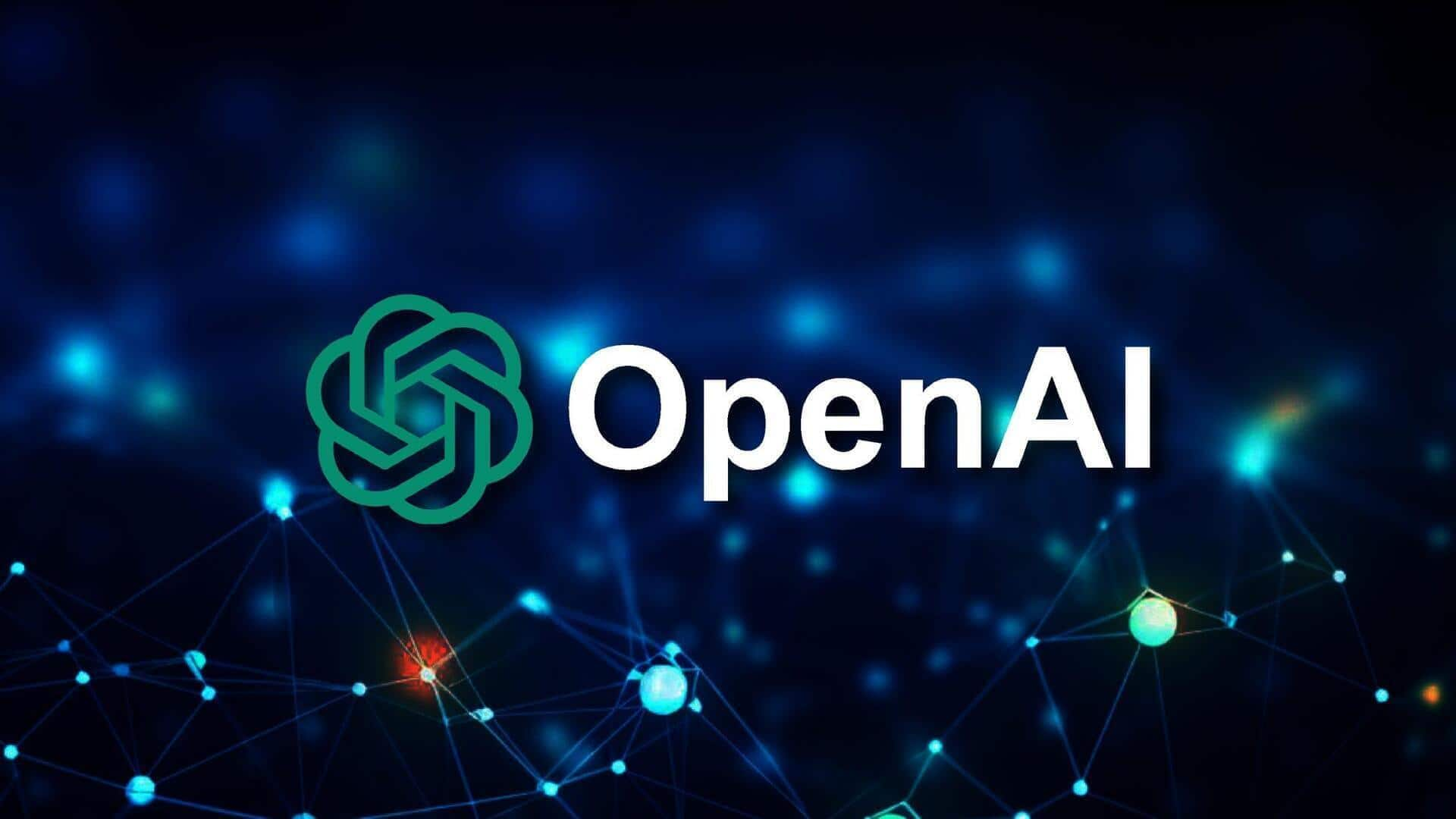
OpenAI proposes AI regulatory framework in new 'economic blueprint'
What's the story
OpenAI has released an "economic blueprint" for AI, detailing policies it thinks can be implemented with the US government and its allies. The paper stresses that the US needs to draw major investment in chips, data, energy, and talent to stay ahead in AI. OpenAI's VP of global affairs Chris Lehane highlighted this by saying while some countries are ignoring AI's economic potential, the US government can lead global innovation and protect national security.
AI regulation
OpenAI urges US government to take action
The blueprint underscores OpenAI's repeated call for the US government to take more decisive action on AI and infrastructure, to support the technology's development. The company has criticized the federal government for leaving AI regulation largely to individual states, calling it unsustainable. This concern is highlighted by the fact that in 2024 alone, state legislators introduced nearly 700 bills related to AI, some of which were contradictory.
Regulatory critique
OpenAI CEO criticizes existing federal laws
OpenAI CEO Sam Altman has been critical of existing federal laws like the CHIPS Act, which are intended to revive the US semiconductor industry. In a recent Bloomberg interview, Altman said the CHIPS Act "has not been as effective as any of us hoped," and hinted there's "a real opportunity" for the Trump administration to do better. He also complained about how difficult it has become to build infrastructure in the US, especially when considering what needs to happen for the US to lead in AI.
Funding recommendations
OpenAI's blueprint recommends increased federal spending
To power the data centers needed to develop and run AI, OpenAI's blueprint calls for a massive increase in federal spending on power and data transmission. It also calls for the expansion of "new energy sources," like solar, wind farms, and nuclear. This is in line with the previous endorsements by OpenAI and its AI competitors for nuclear power projects to meet the electricity demands of future server farms.
AI safety
OpenAI proposes government action to protect against misuse
In the near term, OpenAI's blueprint recommends the government to "develop best practices" for model deployment to avoid misuse. It also recommends simplifying the AI industry's engagement with national security agencies and developing export controls to share models with allies while restricting their export to "adversary nations." The document also urges the government to share certain national security-related information, like briefings on threats to the AI industry, with vendors and help vendors secure resources to evaluate their models for risks.
Global standards
OpenAI's blueprint calls for international standards
OpenAI's blueprint also calls for creating standards "recognized and respected" by other nations and international bodies on behalf of the US private sector. However, it stops short of endorsing mandatory rules or directives. The document suggests a defined, voluntary pathway for companies developing AI to work with government in defining model evaluations, testing models, and exchanging information to support company safeguards.